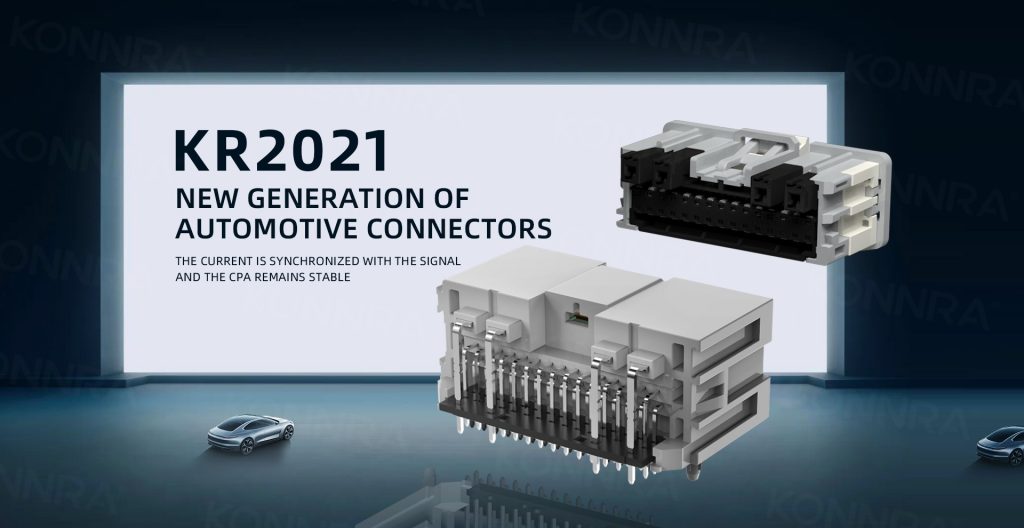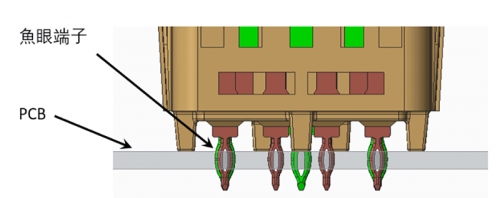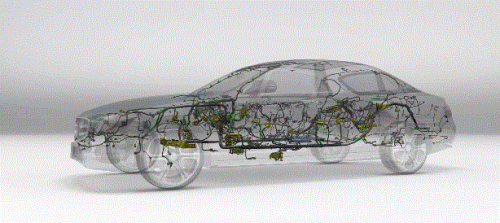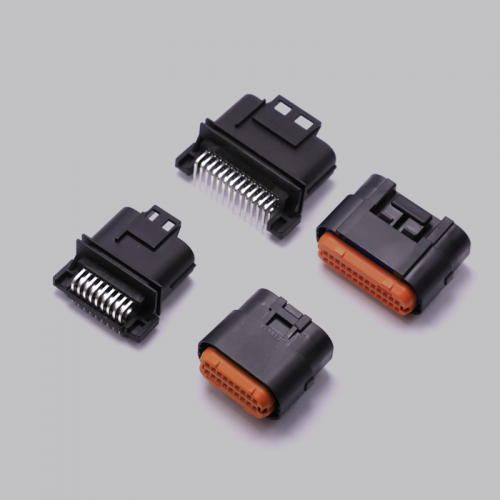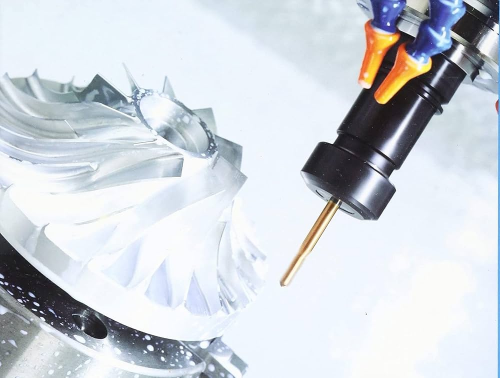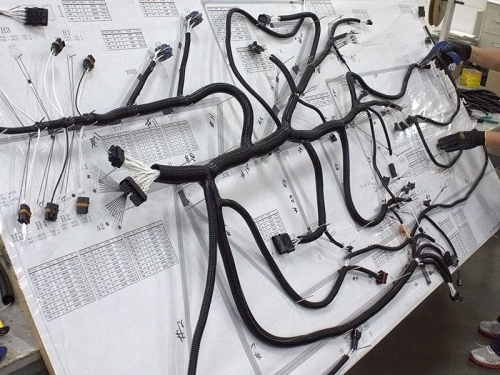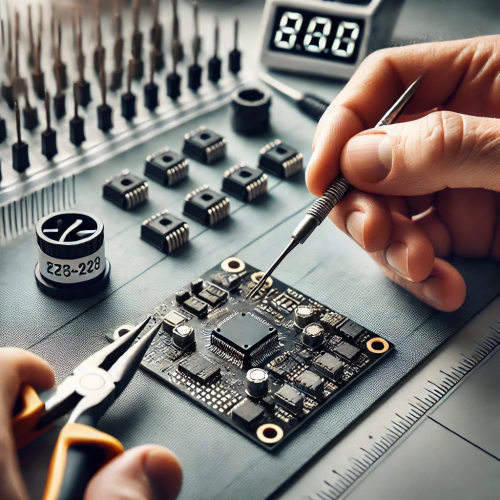The need for efficient, reliable connections in automotive applications has never been higher. Connectors play a pivotal role in everything from basic electrical transmission to safety and diagnostic functions. They help enable everything from stereo systems to drivetrains, with applications constantly being added. Here are a few factors to keep in mind when selecting automotive connectors:
Current Rating : Make sure the connector is rated to handle the current of the electrical system. If the current exceeds the connector capacity, it will increase resistance, cause component wear, and lead to voltage drops, system failures, malfunctions, and even fires.
Rated Voltage If a voltage exceeding the rating of the connector is applied, arcing, component damage, intermittent connectivity, data loss, or total system failure may result. Incorrect voltages may also expose users or technicians to electrical shock or burns.
Number of contacts : Connectors are available in a variety of pin densities, which refer to the number of contacts. Selecting a higher density connector can ensure signal integrity, add redundancy or backup capabilities, and enable versatility when a combination of power, signal, and other types of connections are required. Using a high-density connector can also serve as “future-proofing” so that the same connector can be used when connecting new applications.
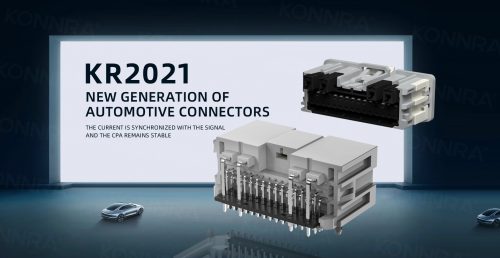
As shown in the figure: KR2021 ‘s 34-pin high-density automotive-grade connector
Environmental conditions : Will the connector be exposed to extreme temperatures, moisture, brake fluid, antifreeze, or other potential contaminants or corrosives? These factors can be managed by selecting connectors that are built to succeed in the expected conditions. Check if the connector has an ingress protection rating to ensure long-term performance against particle or liquid ingress.
Mechanical factors : Automotive connectors are often subjected to constant jostling and vibration, especially when used in heavy vehicles and equipment. Connectors have a variety of locking and mating mechanisms to ensure that they remain coupled and that the internal wiring remains connected. Many connectors also have strain relief features to prevent excessive bending or wear on the wires at the end of the connector.
Termination Type : Proper termination of wires to connector contacts is critical. Solder, crimp, or screw-in terminals each have their advantages and limitations in terms of signal integrity and ease of assembly.
Materials : Automotive connectors are typically made of either plastic or metal housings. Plastic is a lightweight option that offers relatively high strength and durability for a variety of applications. Metal may be more suitable for heavy-duty applications such as construction, agriculture, and forestry.
Signal integrity : Low contact resistance is critical for minimal signal loss. Look for connectors with high-quality, low-resistance contact materials such as gold-plated or silver-plated alloys. Specialized connectors for high-speed data transmission should also be built to ensure low capacitance and inductance.
KONNRA is committed to meeting the ever-changing needs of the automotive industry through technological innovation . KONNRA provides you with reliable solutions.
If you have automotive connector needs, please feel free to contact KONNRA to get more detailed information about automotive grade connectors and get your samples. Let us work together to explore the infinite possibilities of future automotive connection technology.
